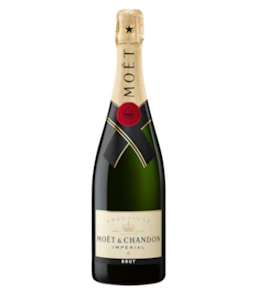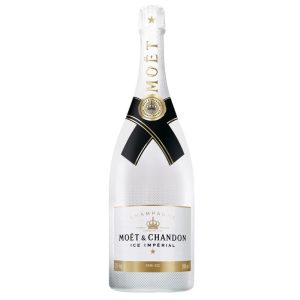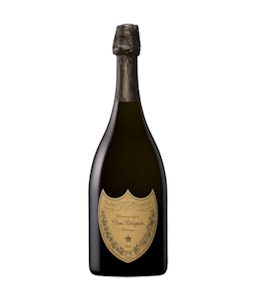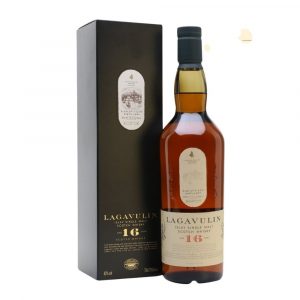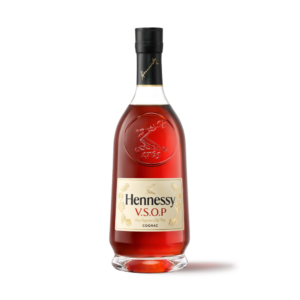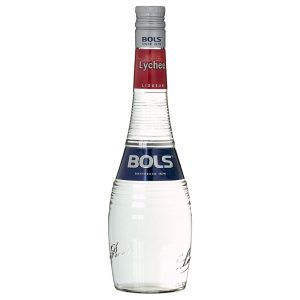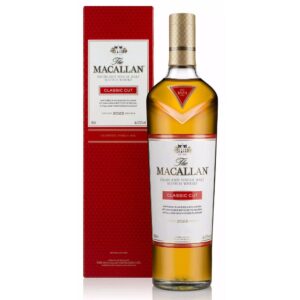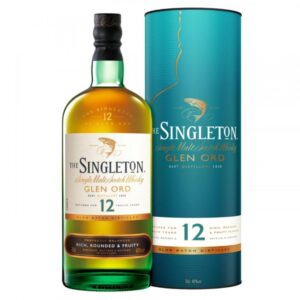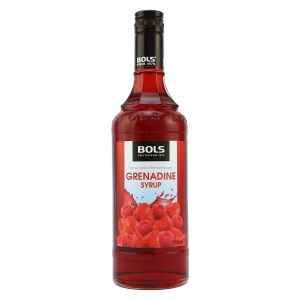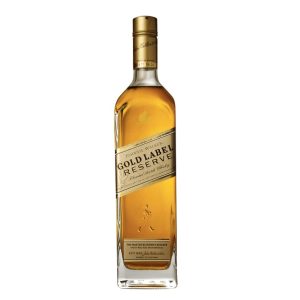Wine, with its rich history and diverse flavors, has been an integral part of global cultures for centuries. But, as consumers become increasingly conscious about their food and beverage choices, there’s a burgeoning interest in vegan wine. What exactly is vegan wine, and how does it differ from its non-vegan counterparts? In this Vegan Wine Guide, and with the insights from various other vegan wine guides, we’ll delve into the intricacies of vegan-friendly wines and help you select the best bottle for your palate.
What Makes Wine Vegan?
At first glance, wine – which is essentially fermented grape juice – would seem naturally vegan. However, the devil is in the details, or in this case, the fining process.
Fining Agents: Wines can appear cloudy due to microscopic molecules. To make them clear, winemakers use fining agents that bind to these molecules, making them easier to remove. Traditionally, many of these agents are animal-derived, like gelatin (from animal bones), isinglass (fish bladders), albumin (egg whites), and casein (milk protein). Vegan wines, on the other hand, use plant-based or mineral-derived agents such as bentonite clay or pea protein.

Labels and Certifications
While some bottles might be labeled as “vegan-friendly,” not all vegan wines carry this label. If you’re using a vegan wine guide, here’s what to look for:
Vegan Certification: Various organizations offer vegan certification, so look out for their seals on the bottle. These organizations have stringent guidelines, ensuring the wines meet vegan standards.
Read the Back Label: Some winemakers may indicate their use of vegan-friendly fining agents on the back label.
Popular Vegan Wine Brands
As the demand for vegan products grows, several wine producers are rising to the occasion. Some top recommendations from vegan wine guides include:
Frey Vineyards: Known for their organic and biodynamic wines, all of Frey’s offerings are vegan-friendly.
Cooper’s Hawk: They offer an assortment of wines, with many vegan options available.
Barnivore: While not a brand itself, this is a useful online resource that lists numerous vegan wines, beers, and spirits.
Vegan Wine Pairing Tips
Just like any wine, vegan wines can be paired beautifully with a variety of dishes:
White Wines: Go well with light dishes, such as salads, tofu stir-fries, and vegetable pasta.
Red Wines: Pair wonderfully with heartier meals like lentil loaf, vegan mushroom stroganoff, or grilled tempeh.
Be an Informed Consumer
In today’s age of conscious consumerism, it’s crucial to be well-informed about the products you choose, especially when it comes to items like wine that have nuanced production processes. When selecting vegan wine, doing thorough research is paramount. While many wineries are adapting to the rising demand for vegan options, not all explicitly label their wines as such. Hence, taking a proactive approach can make a difference.
Begin by reaching out to wineries, either through their customer service channels or by visiting them if feasible. Engage in a dialogue and ask specific questions about their fining process. Many wineries are more than willing to discuss their practices, especially as they recognize the growing consumer interest in transparency and ethical production. It’s also beneficial to attend wine tastings or tours where you can have face-to-face interactions with experts who can offer insights into their vegan offerings.
Moreover, there are numerous online forums, vegan wine guides, and communities dedicated to vegan beverages. Joining these platforms can offer a wealth of knowledge from experienced vegan wine enthusiasts. They often share recommendations, reviews, and updates about the latest vegan-friendly wineries.
As the demand for vegan wine grows, it’s encouraging to note that more wineries are considering adopting vegan-friendly practices. By being an informed consumer and supporting these wineries, you not only ensure you’re enjoying cruelty-free wines but also play a role in influencing the wine industry’s future direction.
Remember, every bottle of wine has a story behind it, and as consumers, we have the power to choose stories that align with our values. So, be curious, ask questions, and make your choices count.
The Environmental Impact of Vegan Wine
Vegan wine guides often emphasize not just the absence of animal-derived products but also the broader environmental considerations. The production of vegan wines frequently aligns with eco-friendly, organic, and biodynamic farming practices. These sustainable approaches mean fewer pesticides and chemicals enter the environment, leading to a reduced carbon footprint and healthier soils. Moreover, many vegan winemakers prioritize water conservation, ensuring that viticulture doesn’t strain local water resources. The ripple effect of these practices promotes biodiversity, as vineyards become safe havens for various flora and fauna. In essence, choosing vegan wine isn’t just a nod to animal welfare but often also a commitment to the health of our planet.
Vegan Sparkling Wines and Rosés
Sparkling wines and rosés add a delightful effervescence and splash of color to any occasion, and fortunately for vegan enthusiasts, there’s no need to miss out. Vegan sparkling wines are crafted without the use of any animal-derived fining agents, instead relying on plant-based or mineral alternatives to achieve their crystal-clear appearance. Similarly, vegan rosés, with their signature blush hue, steer clear of animal products during their production process. While the creation of these wines might differ slightly from their non-vegan counterparts, the taste remains uncompromised. Offering vibrant notes and tantalizing bubbles, vegan sparkling wines and rosés are perfect celebratory choices for those committed to ethical and compassionate consumption.

Regions Championing Vegan Wines
As the wave of veganism sweeps across the globe, certain wine regions are emerging as frontrunners in producing vegan-friendly vintages. New Zealand, with its pristine landscapes, has wineries that prioritize both organic and vegan wine-making practices, ensuring purity in every sip. Parts of California, particularly the eco-conscious Sonoma and Napa Valleys, are also embracing this trend, dovetailing their sustainable viticulture with vegan principles. Europe isn’t lagging either; regions such as Tuscany in Italy and Languedoc in France are producing exquisite vegan wines that honor both tradition and modern sensibilities. These regions, in their commitment to eco-friendly and ethical wine production, are not only setting benchmarks for quality but also charting the course for the future of winemaking.
The Future of Vegan Wines
The trajectory of vegan wines points towards an exciting horizon. As global consciousness shifts towards sustainability and ethical consumption, the wine industry is poised for a transformative phase. Innovations are already surfacing, from the use of new vegan-friendly fining agents to sustainable packaging solutions, ensuring that both the wine and its container tread lightly on our planet. Moreover, with advancements in technology and viticulture, the quality and variety of vegan wines are set to rival, if not surpass, traditional offerings. Wineries are also likely to increase transparency, providing consumers with in-depth insights into their production processes. As global consciousness shifts, this Vegan Wine Guide predicts that vegan wines will soon become a mainstream choice, shaping the wine industry’s ethos and aesthetics.
Conclusion
With the rise of veganism, it’s heartening to see industries adapt to cater to ethical and health-conscious choices. This Vegan Wine Guide is just the beginning. As you embark on your vegan wine journey, savor each bottle’s unique flavor, and raise a toast to cruelty-free indulgence. Cheers!

